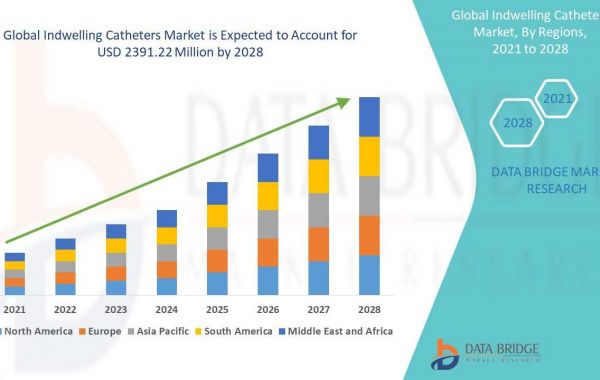What are Human APIs?
Simply put, Human APIs are platforms that allow individuals to securely share their electronic health records (EHRs) with authorized applications and services. Think of it as a bridge between your personal health data and the wider healthcare ecosystem.
How do they work?
Human APIs work through secure software programs that connect to your EHRs with your consent. Once authorized, they can extract and share specific health data (like medications, allergies, or lab results) with designated platforms. This data can then be used for a variety of purposes, such as:
- Personalized medicine: By analyzing your unique health data, doctors can provide tailored treatment plans and medication recommendations.
- Medical research: Researchers can access large datasets of anonymized health data to develop new drugs, treatments, and diagnostic tools.
- Public health initiatives: Government agencies can use Human APIs to track disease outbreaks and monitor population health trends.
Benefits of Human APIs
- Empowered patients: Human APIs give you control over your health data and enable you to actively participate in your healthcare decisions.
- Improved care coordination: Sharing data seamlessly eliminates communication gaps between healthcare providers, leading to better-coordinated care.
- Accelerated research: Access to real-world health data can significantly speed up the development of new medical treatments and technologies.
- Enhanced public health: Human APIs can provide valuable insights for disease prevention and outbreak control.
Challenges and considerations
- Privacy and security: Protecting sensitive health data is paramount. Human APIs must adhere to strict privacy regulations and ensure robust security measures are in place.
- Interoperability: Different healthcare systems use different data formats, making it challenging to seamlessly share data across platforms. Standardization efforts are needed to overcome this hurdle.
- Digital divide: Not everyone has access to technology or the internet, potentially creating inequities in access to the benefits of Human APIs.
The Future of Human APIs
As technology advances and privacy concerns are addressed, Human APIs are poised to play an increasingly crucial role in shaping the future of healthcare.
Here are some exciting possibilities:
- AI-powered diagnostics: Combining your health data with AI algorithms could enable early disease detection and personalized preventive care.
- Remote patient monitoring: Wearable devices and sensors, integrated with Human APIs, can provide real-time health data for continuous monitoring and remote consultations.
- Precision medicine 2.0:With access to even richer datasets, researchers can delve deeper into the genetic and molecular underpinnings of diseases, leading to even more personalized and effective treatments.
The potential of Human APIs is vast, and its impact on healthcare is just beginning. As we move towards a more data-driven healthcare system, individuals will have a vital role to play in shaping how their health data is used and ensuring it benefits everyone.
By fostering collaboration between patients, healthcare providers, and technology developers, Human APIs can unlock a new era of personalized, data-driven healthcare, paving the way for a healthier future for all.







